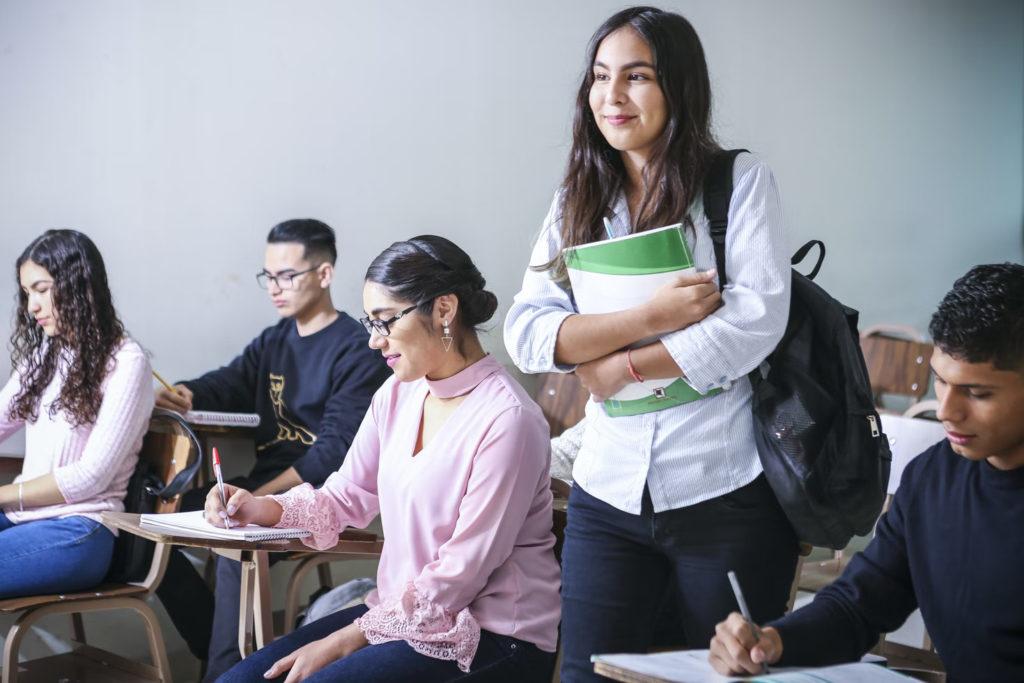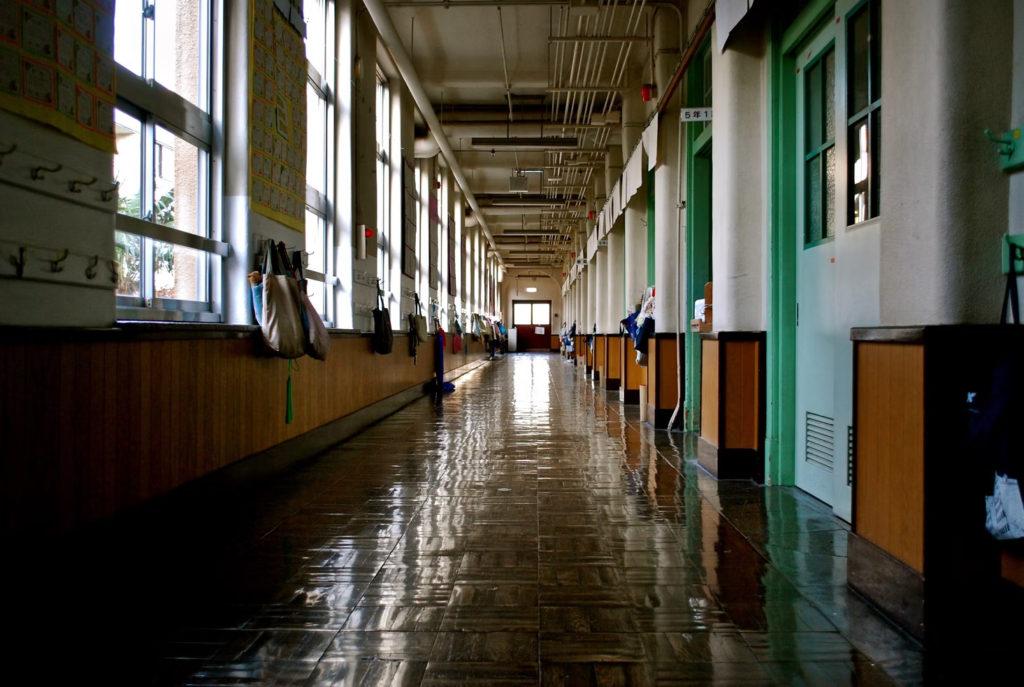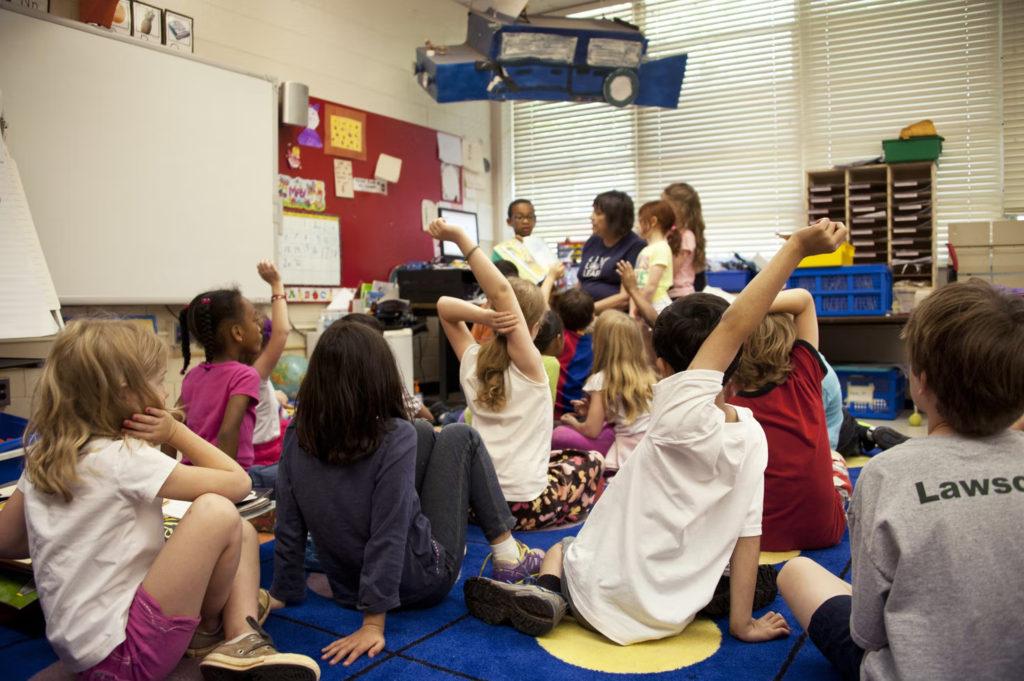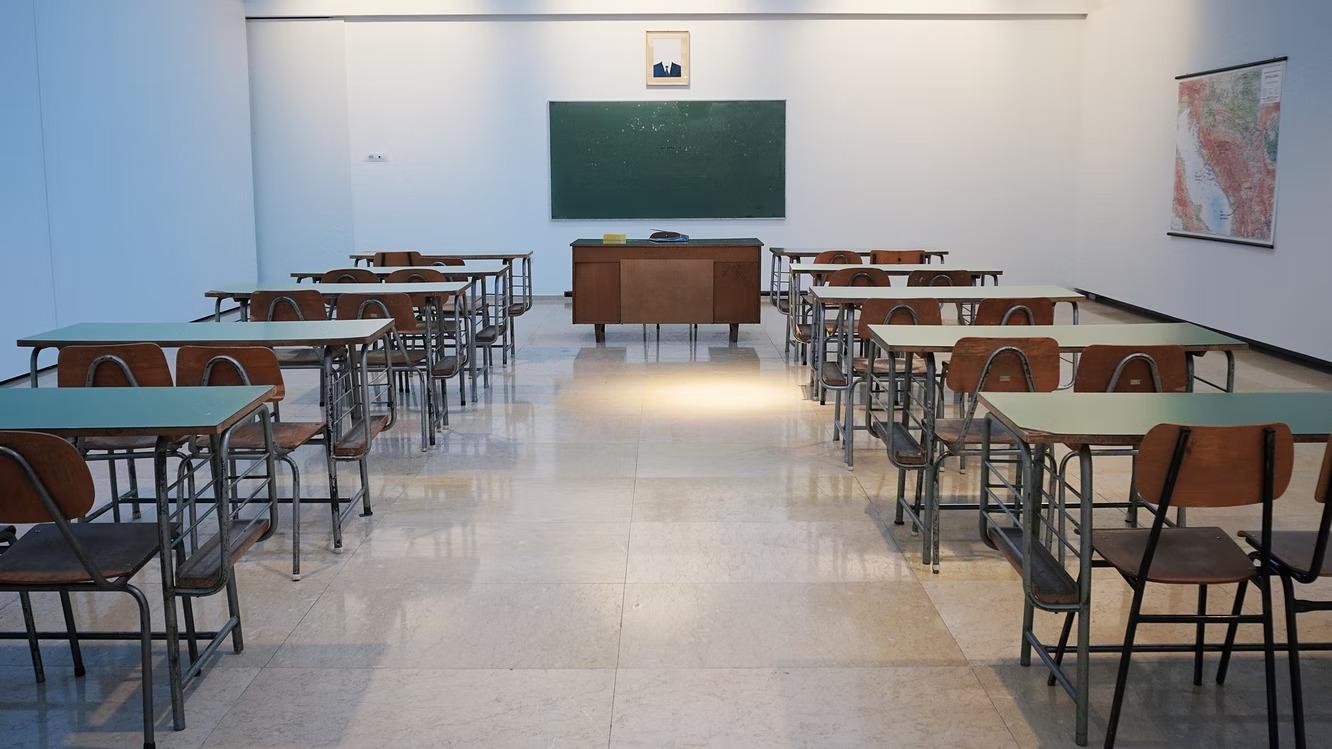When it comes to getting your first job, the results that you gained while going through school are essential and as such the school that you go to is really important. But, yet, nobody really talks about the systems in place behind school selection for students in the UK.
There are more than a few things to consider when it comes to picking a primary, secondary school or even a university, certainly much more than proximity, which might have been how it was when you were younger. I know that when I went to school, most primary schools used to mainly feed children into the nearest secondary school — but you don’t have to follow that pattern. In fact, it is always best to look around and consider the options as most secondary, high or comprehensive schools have specialities, and most primary schools are academies that follow their own takes on the curriculum.
For this article, I’ll be talking about schools in England, within the UK, as the admissions process is handled slightly different in other parts of the UK, and almost certainly different elsewhere in the world. That said, maybe some of the stuff is useful regardless — feel free to let us know in the comments.

Picking a school based on proximity and specialisation
When it comes to most people, including multi-child families, you’ll probably be looking for a way to find the schools that are close to you, and then flick through the options to find which one is most suitable. While the next step talks about the Ofsted reports, and more, you might be of the opinion that the previous waves of children and scores are not wholly relevant to when your child exits the school (in five-six years), which isn’t an unreasonable assumption, and so might want to decide based on declared specialities.
There are a few ways to go about finding this information, as the government has set up a pretty handy portal. So, for example, if you wanted to find a list of all of the suitable secondary schools in Leicester then you’d use their local council search page to bring up your local governing body which then lists each of the schools. You’d then need to dive into each school to see what their specialities are, in my area there are science, maths and technology speciality schools, each of which clearly states that on the front page of their site — so you won’t have to look far.

Picking a secondary school based on Ofsted reports and previous student scores
This is a step that I, personally, think is quite important as it shows the stability and structure of older schools. If a school can score great exam results over an extended period of time then it either has really high staff retention or has lots of systems in place that ensure that means the students can continue to be the main focus of the school even when the department leads and headmasters are coming and going from the staffing roster.
There’s a really good site for looking at this, the obviously named ‘compare school performance service‘ from the UK Gov. You can use that to either look up a school directly (if you’ve been collecting school URNs) or through searching by town, postcode or street. There is, however, another option that allows you to search by the local authority, which is probably the best tool if you’re looking to search in an area.
But, one incredibly useful thing that is built into the same site is the ability to see and search by school trust. This is incredibly important, especially when picking a primary school because a lot of academies will join these trusts and then use them as a direction for the school. It could be that the school you are looking at had phenomenal grades until recently, however, had a change of headmaster and joined a trust in the last year… looking up the trust could reveal that they are religious backed, or are more focused on education through fun — maybe something that doesn’t quite fit your concept of education.
As a final note for this section, Ofsted ratings are normally a good quick look at the standing of the school, however, do check to see if there has been a change in leadership or trust in the time since the last review. Of course, you can also view, in the case of primary, progress reports on reading, writing and maths vs the nation; and you can even view things like the percentage of students who stayed in education after finishing secondary school. It’s a powerful tool.

If your child has SEN
Application for public schools feature an online form that you fill out, but for Special Educational Needs children, you’ll need to make sure that you’ve worked with your local council to form an EHC plan. The EHC (Education, Health and Care) should outline the school that your child is going to, which means you don’t need to go through the same application and waiting list processes as other people.

Alternatives
Finally, there are a couple of alternatives to the public schooling system. Private, or independent, schools operate on their own systems and you’ll need to write to them directly. As you’re likely aware, these schools mainly trade on reputation and operate on a completely different scale than normal secondary schools.
There’s also homeschooling, which is likely to become a more popular option in the years following COVID. This isn’t a simple case of taking your child out of school and teaching however you want at home, there are still tests and approvals, as well as a loose curriculum to follow. It also comes with its own difficulties such as missing the social element of public school. That said, you can certainly focus on more current technologies and fields, which might give your child better chances than the slowly evolving public education options. Homeschooling isn’t something to be taken lightly; Countries have regimented public education systems in place for a reason, and the creation of those systems lines up very well with the surges in society and technology that we’ve seen over the last century.
In closing, there are a lot of tools to help you and your child decide on the best school for them, which is great, because it’s one of the most important, formative choices in a child’s early life.


I actually remember my daughter not going to the Primary school she wanted to go with all her friends too. We were devastated, until my husband showed me a few positives and she flurished there
It’s a shame they won’t be with their friends, but sometimes it’s better.
When choosing our kids schools, we went via word of mouth and also took them for a visit to see if they liked the vibe of the school. It is often a tough decision but we have been lucky each time to get our chosen schools.
Our eldest couldn’t do visits because of COVID, but we hope to do them with the other two!
I don’t have kids myself, but I can’t begin to imagine how difficult it is to choose a school for your kids. But looking at ofsted reports is so important x
It really is!
I had no idea parents should look at all these things before picking the perfect school, this is an eye-opener…Amazing…
There is so much to consider.
Thank you for sharing these tips. I don’t have kids yet but I will surely consider this when I have my own kids soon.
It is helpful if you ever do!
Lots of great tips. Thanks for the article.
Thank you for reading!
That’s a very informative post for the parents. It was so helpful and it is so good to know about all these.
Glad it helped you!
Great info I think proximity is key. I also know if your child has special needs that needs to be top priority